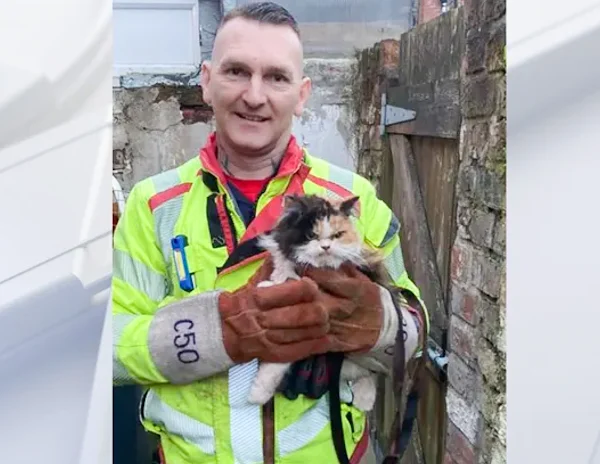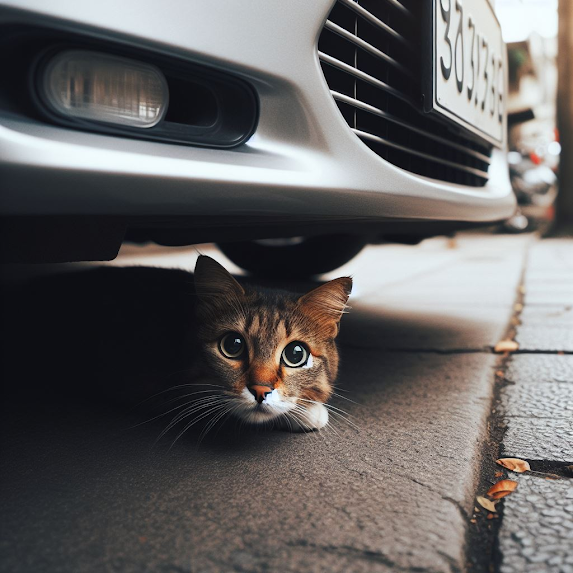The title to this post comes from The New York Times. I can't access the paper because they are now insisting on paying subscriptions but I can guess what it's about as I am sure you can.
The title intrigues me. I like it because it very strongly points to the boyfriend regarding animals as equals to humans. Through his behaviour the boyfriend is granting animals near human rights.
It is an attitude which is very much in line with the modern-day thinking of many people. But also, there are many people who would think that he is totally crazy. There are still many people who think that humans have dominion over animals as per the bible.
They believe that humans can use animals as they wish and that animals are there to serve people in any way necessary including providing food for humans.
But the tide is turning thanks probably because of the Internet providing lots of information about the sentience of animals. Providing information about the emotions that animals deal. And providing information about the fact that some animal species are self-aware which means they understand who they are and place rather than acting instinctively without knowledge of their presence.
But there's nothing wrong with the boyfriend's attitude. The problem probably would come if he actually had to make a real-life choice between saving the family cat who was drowning rather than a stranger who was drowning at the same time and in the same place.
You can imagine the scenario. A cat and a human are drowning in a lake. A man Johnson dives in and saves the cat but leaves the man to drown. I think he would be in big trouble. He might even be charged with criminal behaviour.
In reality, it is probable that the scenario would never arrive and if it did he could save both. And also, if it did happen, the cat wouldn't drown because cats are great swimmers. Cats are better swimmers than people normally and therefore you would tend to save the man first and then the cat secondly if the cat required it.
The boyfriend's enlightened (for me 🤔💕) attitude is in advance of the general attitude of humankind in general as the world is still developing and becoming more civilised. When the world is truly civilised perhaps in many thousands of years time (if ever) we will treat humans and animals in the same way.
There are instances in some advanced developed countries were cats and animals do have considerable rights. In the UK the Animal Welfare Act 2006 provides certain rights to animals at the outset under the law. Break the law and you are a criminal if successfully prosecuted.
In the Spanish family courts, animals are treated a bit like children in divorce proceedings. The court must look at the parties' abilities to look after the animal and consider the animal's welfare. These are the basic rules concerning caring for a child. In other words, animals are treated as sentient beings in divorce proceedings with some important rights.
What do you think about the boyfriend's attitude?
---------------








